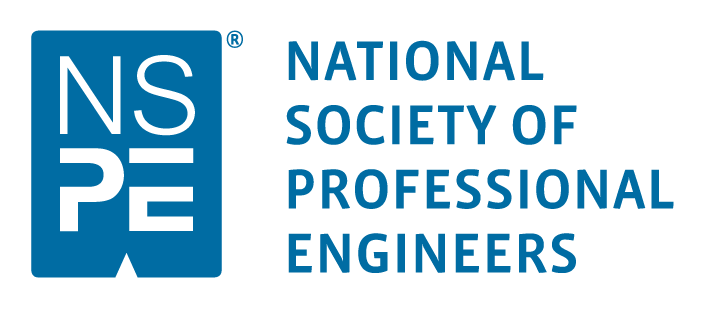Do You Need a Banker or a Professional Engineer for Your Reserve Study?
Defined as an in-depth analysis and evaluation of a property’s current reserve fund status and its physical components, a reserve study provides a long-term, accurate estimate of the costs of replacing or repairing building structures such as pavement, walls, and roofs.
Ideally, a reserve study is prepared by an independent consultant to help community association managers and board members anticipate and prepare for major repair and replacement projects. The document does not only supply financial information but also serves as a management information tool.
For a buyer, a reserve study will assist in the evaluation of the property’s common interest development (CID). On the other hand, the document will enable association members to maintain a property and keep up with its aging components, assuring that the property values do not decrease.
A good reserve study should show property owners and potential buyers a complete and accurate picture of the financial strength and market value of the association. Basically, a reserve study will tell you the strength of your reserve fund and what you are reserving for, as well as project costs and recommend a funding plan to cover capital expenditures for the coming years or decades.
The Right Person for the Job
Essentially, you will need the assistance of both a banker and an engineer when determining your property’s reserve funds as both professions play a different, but equally significant, role in the study.
The most accurate reserve studies are typically conducted by a professional engineer. Beyond his degree, an engineer holds an industry accreditation, such as Reserve Specialist (RS), which is earned through the Professional Reserve Analyst (PRA) or Community Associations Institute.
It is an engineer who conducts the on-site inspection and develops the custom reserve study to give property owners and board members the assurance that future property expenses are identified and that a funding is in place to pay for them.
By enlisting a professional engineer’s expertise, it makes it possible for you to prepare funds well in advance for future inevitable expenses, allowing you to spread out your financial reserve evenly over time so you can avoid funding your reserves through loans or special assessments.
A banker, on the contrary, is the person who will help you find the funds for your financial reserve requirements. Unlike engineers, they cannot determine if a building is safe or free from environmental hazards. They are there to simply assist with your financial needs and help you seek funds based on the findings from an engineer’s reserve study.
Importance of Funding Your Reserves
Many do not realize the relevance of a reserve study, nor do they understand why it is important to fund their reserves.
Peter B. Miller of Miller Dodson Associates, Inc. explains that “adequately funding the Reserves protects and enhances the physical assets in the community. It also protects and enhances the investment that each owner has made on buying property in the community. It does this by making sure that funds are available to replace worn out components on a timely basis while avoiding the need for special assessments.”
With that in mind, it makes perfect sense that only a professional, licensed engineer be sought for a thorough reserve study and a trusted banker to provide you the funding your property requires.







